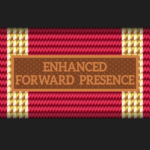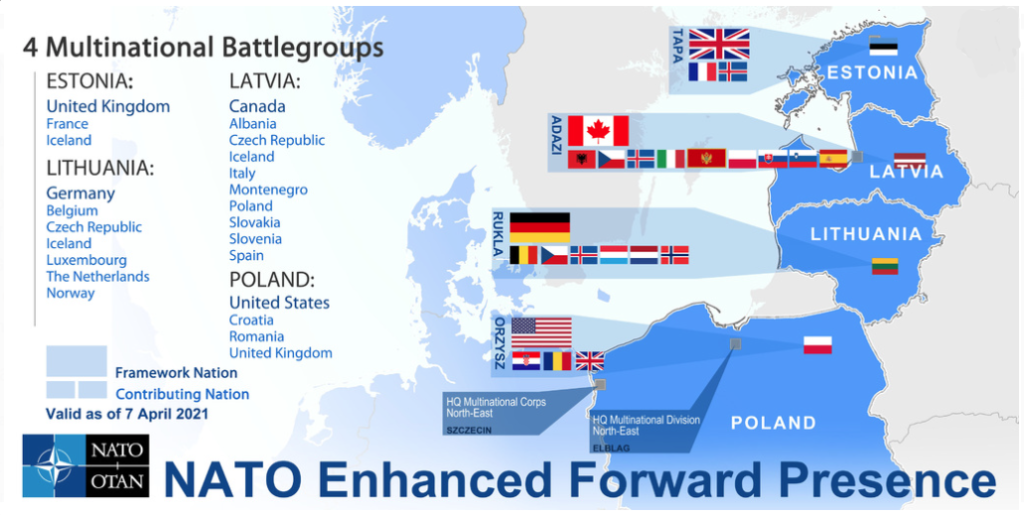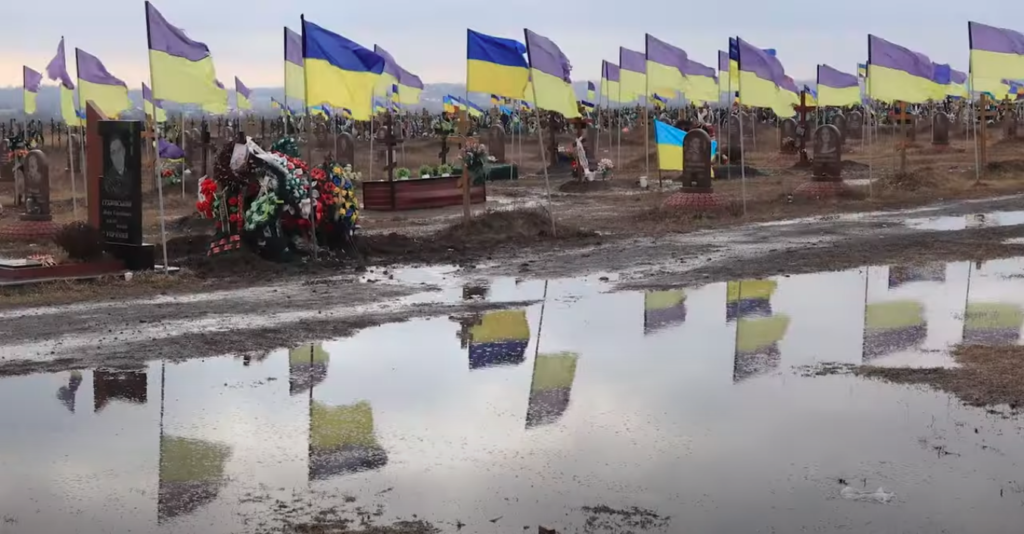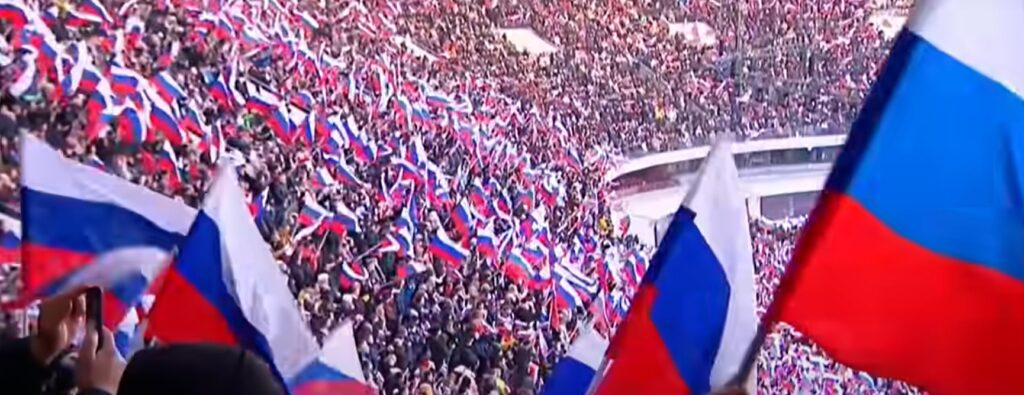How they love coining new phrases! Planned parenthood, pro-life, pro-choice, women empowerment, migrations, Euroscepticism, Anti-Europeanism, MAID (medical assistance in dying)… They all serve the purpose of painting white black and the other way round.
Planned parenthood is a code name for abortion on demand. The terms pro-life and pro-choice have been designed to remove a black-and-white distinction (good versus evil) and replace it with two positive choices. What a sleight of hand! Women empowerment is another word for disapproval of manhood and the role of men in society. Migrations obscure the fact that we are dealing with IM-migrations (of the Third World people into the white man’s world). The term Euroscepticism enfeebles the attitude that is antagonistic (not sceptic) towards the idea of uniting the Old Continent while the term Anti-Europeanism mendaciously suggests that there are weird Europeans who do not like themselves… through not liking the European Union! MAID is a contortion of the understanding of the word assist (with synonyms like help, support, save): it does not stand for saving, helping or supporting but for… putting an end to someone’s life! The association with the common word maid – a girl, a woman, who serves (but does not terminate the life of) the sick, the needy, the weak, the dying – has been hijacked and made to serve an entirely opposite purpose: the purpose of helping and advising someone how to die. One feels tempted to quote a poet who wrote:
One of these days when I die,
I won’t be expecting your help,
nor will I need your advice:
I’m sure I can do it myself.
(Władysław Broniewski)
Have you heard about such terms as forward presence and framework nation? Take forward presence. How does that term differ from the ordinary word presence? Maybe the difference is like that between democracy (i.e. the rule of the people) and people’s democracy (i.e. the people’s rule of the people). That’s at least the way the socialists or communists in eastern Europe before 1989 referred to the political systems that they had created and ran, and that’s the way they wanted to stress the difference between their system and that of the so called Western democracies. Forward presence in turn is a term coined by NATO masterminds who indicate with it a stronger (or enhanced, as they love to say) presence of the alliance’s troops in Eastern Europe, within the borders of the alliance’s eastern members. But why should this presence be called forward rather than eastern?
This forward presence is divided into a number of battlegroups made up of contingents from the host nation (the one where a battlegroup is deployed), contributing nations (those whose troops are deployed to the host nation) and a framework nation, which appears to be the nation in charge of a battlegropup. Why can’t a framework nation be referred to as simply a nation in charge or a leading nation or a commanding nation, i.e. why can’t a framework nation be known by the term that actually corresponds to reality? Host nations are those eastern countries that are closest to Russia, while framework nations are (apart from Czechia and Hungary) the countries of the old NATO, western European countries along with the United States and Canada. Obviously, Germany or France or the United Kingdom as framework nations by sheer economic, financial and military clout occupy political high ground: the host and contributing nations can only comply with what the framework nations decide. Not that the eastern European nations have anything against this subordination: with their deep-seated inferiority complex towards the West, submission comes naturally.
So, why the term forward presence rather than deployment of NATO troops as close to Russia as possible? Precisely for the purpose of concealing the fact of this (enhanced) deployment. The troops are not hostile, nor are they deployed: they are merely forward present. Were the Soviet missiles in 1962 also forward present in Cuba? What a pity this term did not have currency then. Imagine the then CIA director notifying the president of the United States of the (enhanced) forward presence of the missiles and military advisors from the framework nation of the USSR in the host nation of Cuba! JFK would have had a hard nut to crack, or would he? Something tells us that the CIA director did not mince words then; something tells us that the CIA director would have informed the president in no uncertain terms about the military threat and would have urged the resident to take action.
















